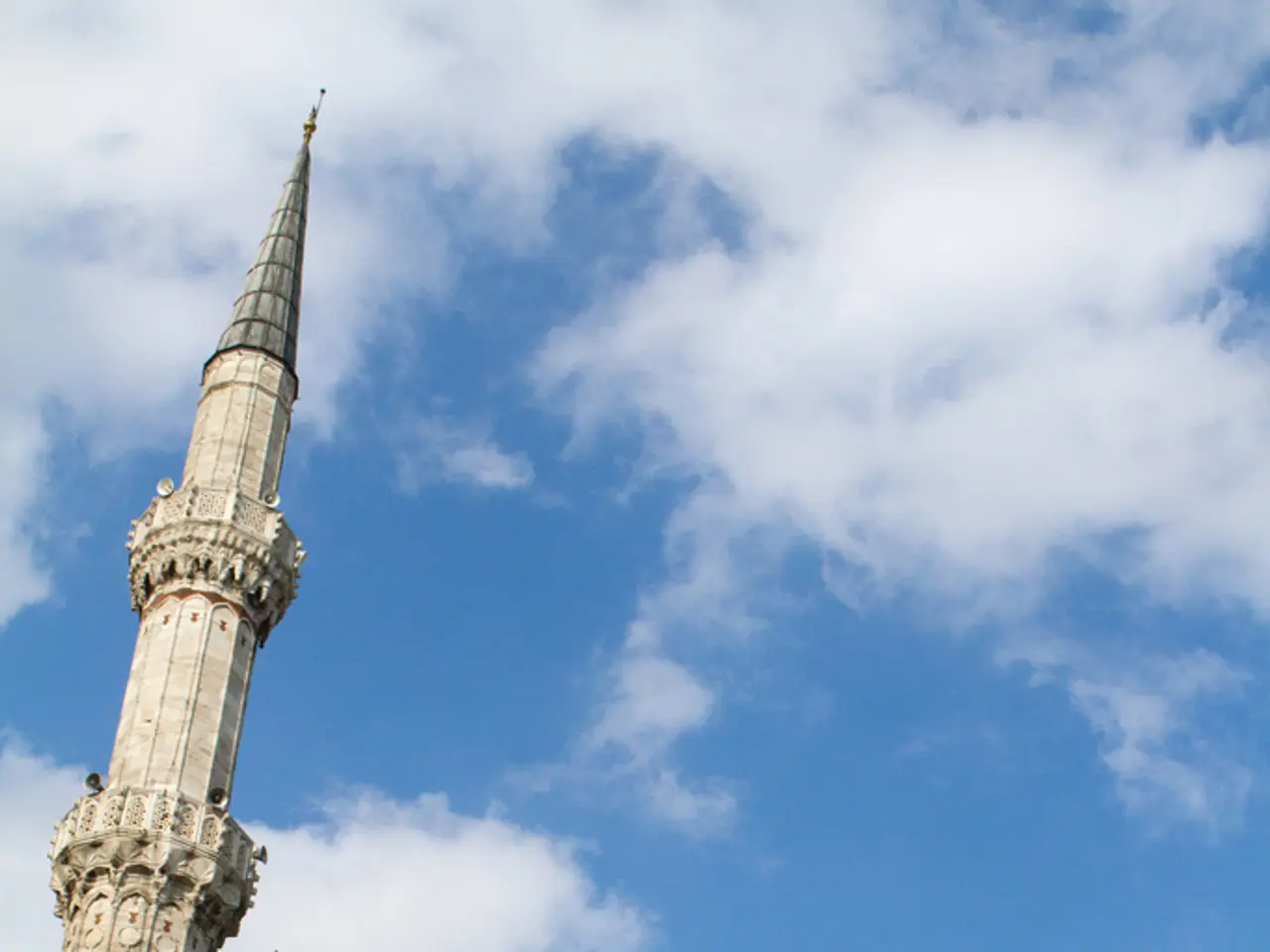In the Upper Palatinate region, Arash and Esmail, having successfully integrated, remain obligated to return to Iran.
Living in Weiden, Thwarted Dreams
Esmail Esmaili and Arash are two Iranian immigrants who dreamed of building a life in Germany. Education, work, and friends: Integration in Weiden seemed to be a success for them. However, they are not allowed to stay.
"Life goes beyond work," says Esmail. "We've made many friends here, and we miss them," adds Arash, a software developer who has been working in Weiden for years.
"Life goes beyond work"
The two have lived in Weiden for three years, having come to Germany to study. They have completed their degrees and found jobs, but their residence permits have not been renewed. "We've built our lives here. We have friends and jobs. We don't want to leave," says Esmail.
With a population of around 43,000 people, Weiden is a small, cozy city in the Upper Palatinate region. "Weiden is like a tight-knit community. It's easy to navigate, and everyone knows each other," says a local resident.
Life: More than just work and studies
The two immigrants are active in the local Iranian community, helping with cultural events and supporting newcomers. They take part in an initiative to promote integration. "Life extends beyond work and studies. It's about building relationships, offering aid, and feeling at home," says Arash.
The two men have appealed for asylum, but their requests have been declined. Now, they work with the DAAZ law firm, which specializes in immigration law, to find a legal solution for their predicament. Both men are determined to remain in Germany.
The following facts offer insights into the challenges they face:
Fast-Evolving Legal Landscape: The asylum policies and protection rates for Iranian immigrants are subject to constant change, creating hurdles for their applications and their right to stay.
Resumed Deportations: The removal (deportation) ban for Iranians was lifted in 2024, making it possible for deportations to resume, even for those previously protected for humanitarian reasons.
Tightened Deportation Procedures: New legislation enabled faster and stricter deportation processes, restricting those who might have otherwise extended their stays through repeated asylum requests.
Focus on Security and Risk Groups: While some exceptions apply to serious criminals or security risks, others may not qualify for these exceptions, even well-integrated individuals may still be denied asylum or forced to leave if they don't meet the legal criteria for refugee status or subsidiary protection.
Despite their integration in Weiden, Esmail Esmaili and Arash's chances of staying in Germany are limited due to Germany's tightening asylum policies toward Iranians and the country's accelerated deportation procedures.
What about the politics surrounding their situation? The general-news regarding deportations and asylum policies for Iranian immigrants in Germany could affect their future significantly. Although they have made lives for themselves in Weiden, the fast-evolving legal landscape, resumed deportations, tightened deportation procedures, and focus on security and risk groups pose significant challenges.





